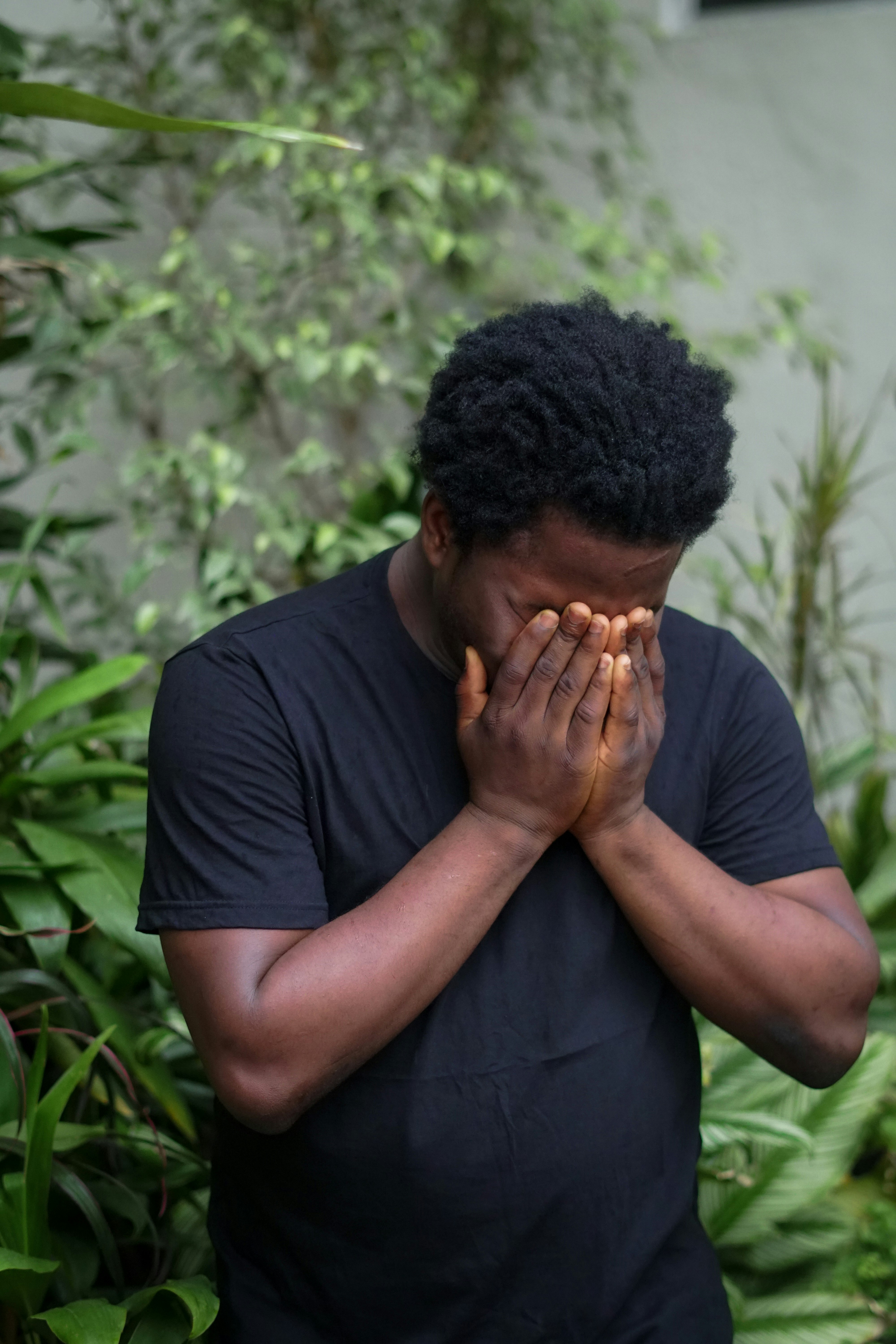: 10 Mistakes that Most People Make

Seeking therapy for anxiety is a crucial step towards better mental health, and finding the right therapist can make a significant difference in the effectiveness of the treatment. With numerous therapists available, it’s essential to consider several factors to ensure you find the best match for your needs. Here are some tips to guide you in the process of selecting the right anxiety therapist for you.
Firstly, it’s important to identify the specific type of therapy that aligns with your preferences and needs. Therapists utilize various approaches, such as cognitive-behavioral therapy (CBT), dialectical behavior therapy (DBT), or mindfulness-based therapies. Research these different modalities and determine which one resonates with you. This initial understanding will help narrow down your search and ensure that the therapist you choose employs a method that you find comfortable and effective.
1 Picture Gallery: : 10 Mistakes that Most People Make
When seeking an anxiety therapist, consider their experience and specialization. Anxiety can manifest in various forms, and therapists may specialize in specific anxiety disorders, such as generalized anxiety disorder, social anxiety, or panic disorder. Look for a therapist with experience in treating the type of anxiety you are dealing with. Additionally, inquire about their overall experience in the field, as more seasoned therapists often bring a wealth of knowledge and expertise to the therapeutic relationship.
It’s crucial to prioritize compatibility with your therapist. Establishing a strong rapport is fundamental to the success of therapy. Schedule an initial consultation or phone call to get a sense of the therapist’s communication style, demeanor, and whether you feel a connection. Trust your instincts during this process – if you don’t feel comfortable or understood, it might be worth exploring other options.
Consider the logistics of therapy, such as location, availability, and fees. Opt for a therapist whose office is conveniently located and whose schedule aligns with yours. Additionally, discuss fees and payment options upfront to avoid any surprises later on. Many therapists offer sliding scale fees or accept insurance, so explore these options to ensure that therapy remains financially feasible for you.
Researching a therapist’s credentials is vital in ensuring their qualifications align with your expectations. Look for licensed therapists with relevant educational backgrounds and certifications. You can verify their credentials through online databases or licensing boards. This step ensures that you are working with a professional who adheres to ethical standards and possesses the necessary qualifications to address your anxiety concerns.
Consider seeking recommendations from trusted sources. Friends, family members, or colleagues who have had positive experiences with therapists may provide valuable insights. Additionally, online reviews and testimonials can offer perspectives from other individuals who have sought treatment for anxiety from a particular therapist. Keep in mind that everyone’s experience is unique, so gather a variety of opinions to make a well-informed decision.
Lastly, recognize that finding the right therapist may take some time. It’s okay to explore different options before committing to a long-term therapeutic relationship. Be patient and persistent in your search, and trust that the effort invested in finding the right anxiety therapist will contribute to your overall well-being and mental health.
The 10 Rules of And How Learn More
This post topic: Internet Services


